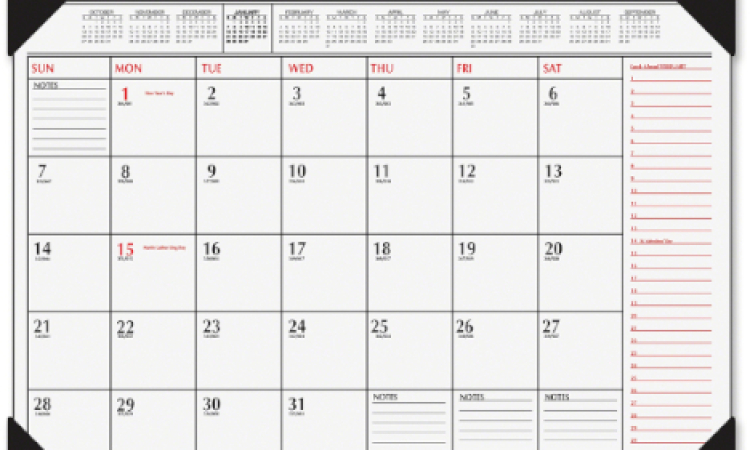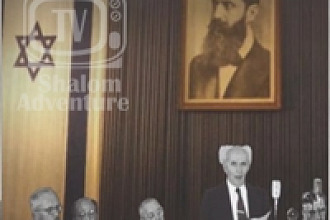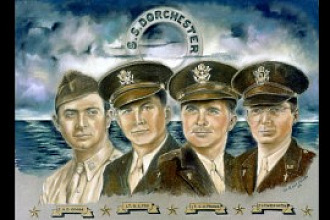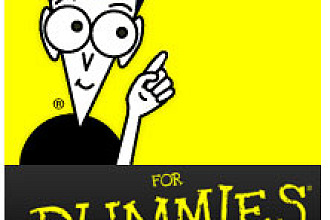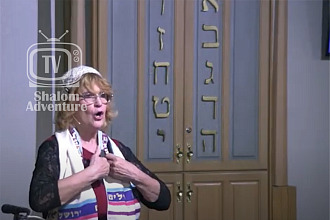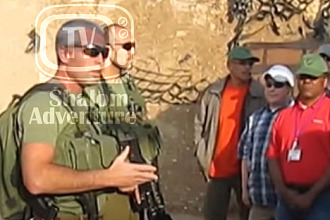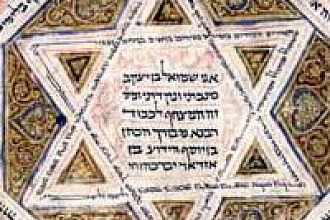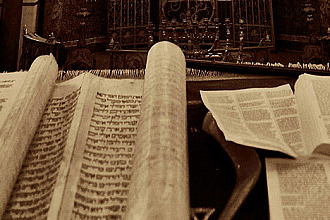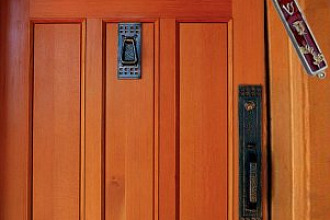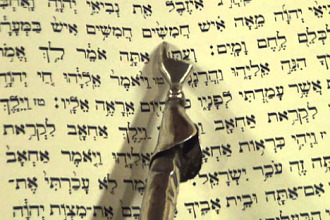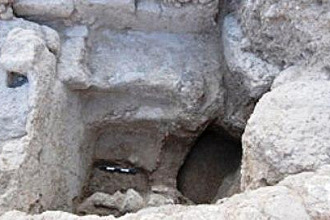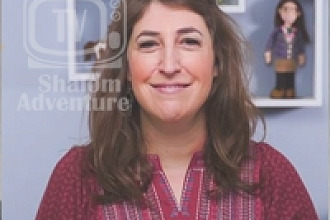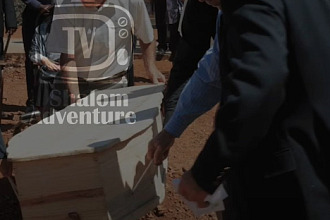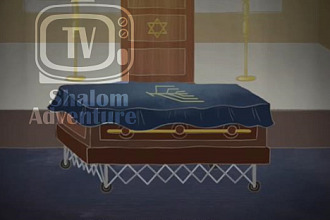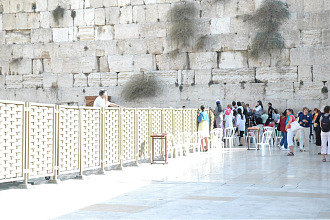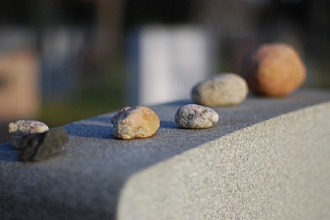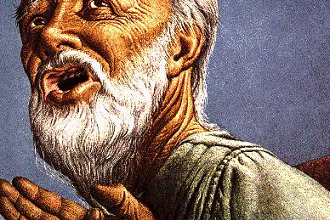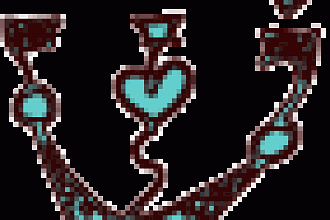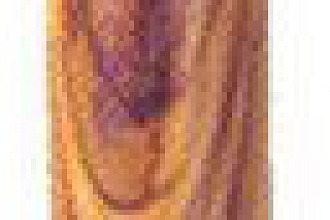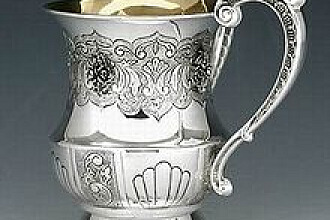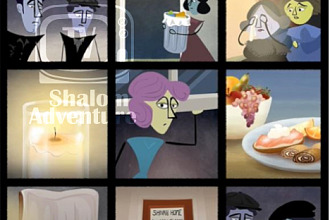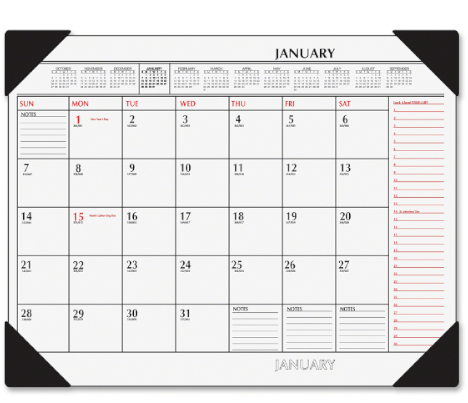 Once the Beth Din had evidence that the new moon had been seen, (see FIXING THE CALENDAR) a new month was declared to have started, and people would know when to observe festivals.
Once the Beth Din had evidence that the new moon had been seen, (see FIXING THE CALENDAR) a new month was declared to have started, and people would know when to observe festivals.
Some were informed by chains of beacons and signal fires; but this system was sabotaged by the Samaritans who lit fires on the wrong nights.8. Then messengers were sent to other towns and villages; 9. but by the time of the Roman period, Jews were living throughout the Roman Empire. Eventually it was decreed that Jews outside of Palestine should observe extra days of festivals in order to be sure of observing the correct date.
Even in Israel where only one day was observed, their system only worked for festivals which occurred in the middle of a month. As Rosh Hashanah fell on the 1st of Tishri they could not wait for an announcement before starting to celebrate New Year's Eve. So they kept two days of Rosh Hashanah.10. So today Jews in Israel observe two days Rosh Hashanah and only one day of other festivals. While Orthodox Jews outside Israel add extra days for festivals. Most Reform and Liberal Jews, who believe that there is no longer any doubt about the calendar dates, follow the Israeli practice.
(8.) Rosh Hashanah 2, 2-4. (9.) Rosh Hashanah 1, 3 and 2, 2. (10.) Freehof Modern Reform Responsa pp 286ff shows that the regular observance of two days in Israel only came in 11th Cent CE. Before then it was probably only done in special circumstances.
Originally found here
Picture originally found here

